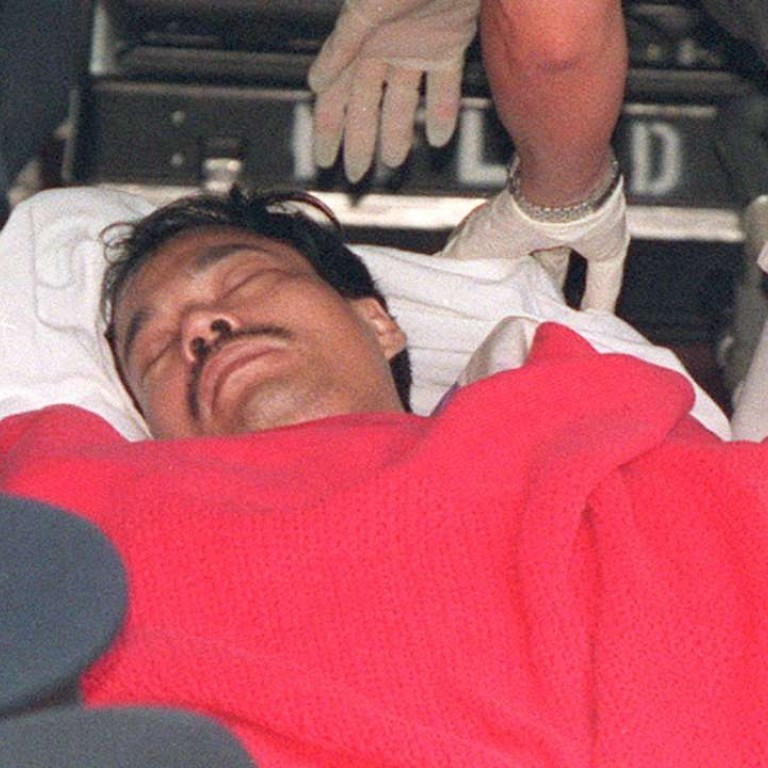
The fate of Yip Kai-foon is a reminder that crime does not pay
The notorious gangster spent his jail time in pain, something today’s criminals may want to reflect on
The death of notorious gangster Yip Kai-foon last week brought to an end a dark chapter in Hong Kong’s criminal history. Yip, known as “the king of thieves,” was one of the most prominent members of roving gangs responsible for violent armed robberies and kidnappings in the city in the 1980s and ‘90s. He was jailed in 1985 but escaped four years later. His exploits – real and imagined – were dramatised in films, the police were forced to change the way they tackled organised crime, and he became Hong Kong’s most wanted man. But there was nothing glamorous about Yip or his conduct. He and his accomplices were callous professional criminals who brought terror to their victims and panic to the streets. A judge who sentenced Yip to 41 years jail in 1996 for firearms, explosives and kidnap offences, told him: “You have little or no respect for human life.” Yip spent the final years of his life where he belonged: in jail.
His luck ran out when he was paralysed in a shoot-out with police in 1996. Yip seemed frail and in pain when later appearing in court for his appeal. His sentence was reduced to 36 years and three months, but he expected to die in jail. No doubt, the nature of the injuries he suffered made prison life tougher for Yip than for healthy prisoners. But this was the result of his own criminal actions and he was in no position to complain. Yip does seem to have changed during the two decades he spent in jail. He adopted Christianity and expressed regret for his past actions. Yip also became an activist for prisoners’ rights. But his name will always be synonymous with gangsters and guns. Thankfully, the wild armed raids of the past, which saw bullets sprayed around on Hong Kong’s streets, have ceased. Cross-border police cooperation has made it much less easy for criminals to slip in and out of the city from the mainland to commit their crimes. And now the computer mouse has replaced the AK-47, as cyber criminals net multimillion-dollar hauls from their victims without the need to risk a gun battle with the police. The challenge posed by organised crime is as great as in Yip’s time, but the nature of it has changed. Today’s gangsters may reflect on Yip’s fate. His story shows that crime does not pay.

